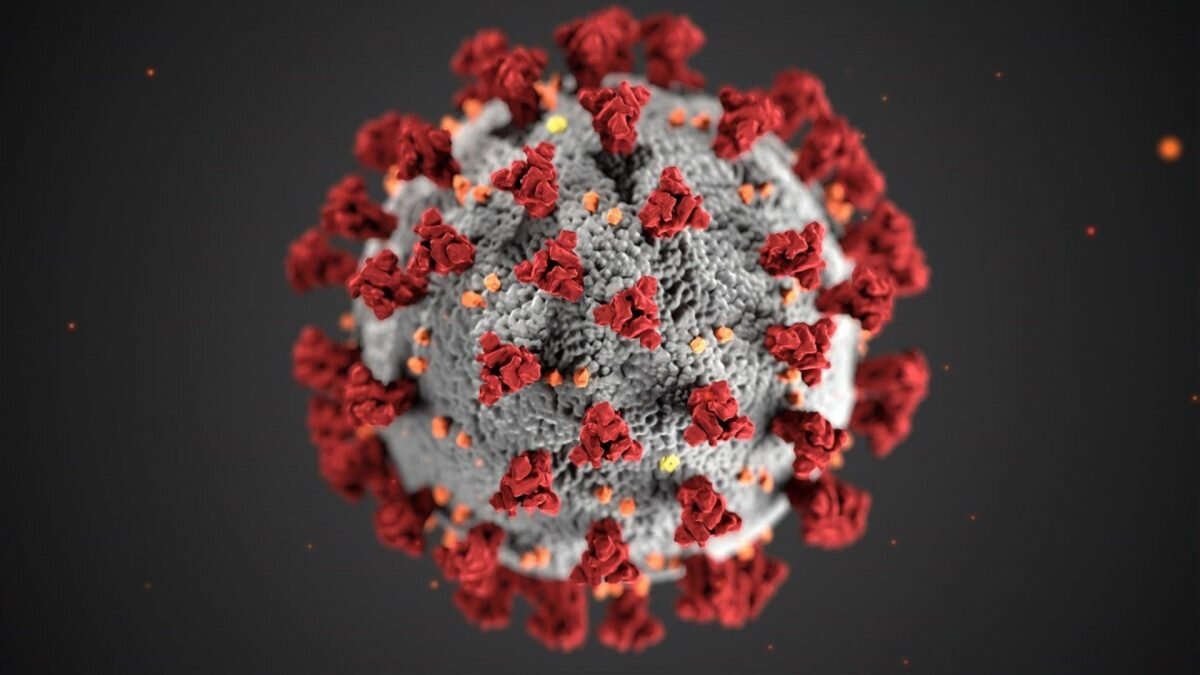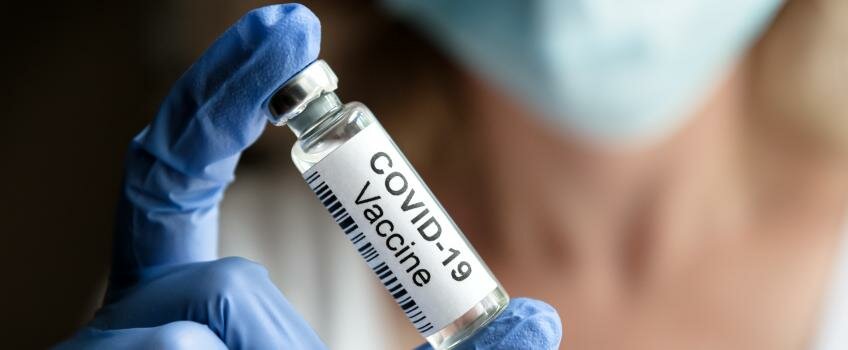COVID-19
CEDDG steps in for vulnerable girls in informal areas who cannot affords sanitary pads during the COVID-19 pandemic
The project supported by Trocaire with component on menstrual hygiene, has seen school going girls in informal settlements of Nakuru County receive menstrual hygiene products to enhance girls dignity, confidence and their retention in schools.
Please Share
COVID-19
County constructs mega Oxygen manufacturing plant at Nakuru PGH
Governor Lee’s administration is increasing the intensive care unit and staff capabilities to enable the County to deal with medical emergencies, such as the COVID-19 pandemic and others.
Please Share
The upcoming Oxygen plant superstructure
Please Share
COVID-19
Government launches COVID-19 booster doses vaccination
In March 2021, the government began vaccination against COVID-19 as an additional mitigation measure against the disease.
Please Share
COVID-19
Alarm as COVID-19 positivity rate hits 37.6%
The CS has urged Kenyans to remain cautious and vigilant during the festive season, as the country is still in the midst of a pandemic.
Please Share

Please Share















Pingback: Sanitary dignity for girls – CEDGG